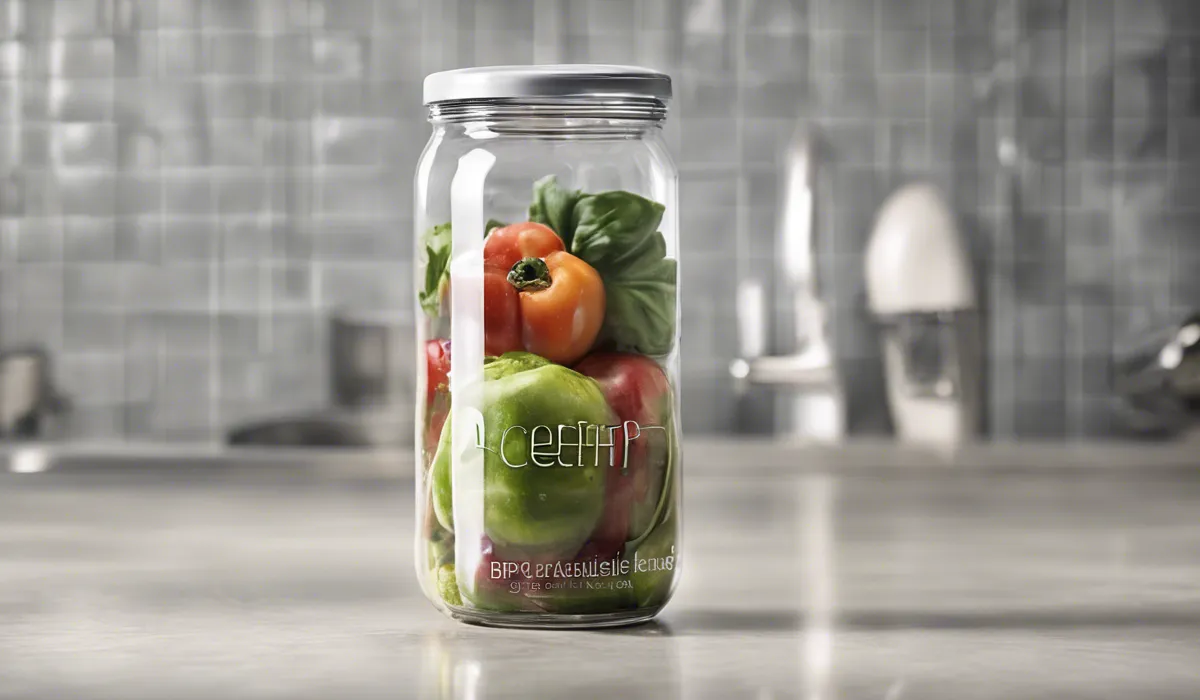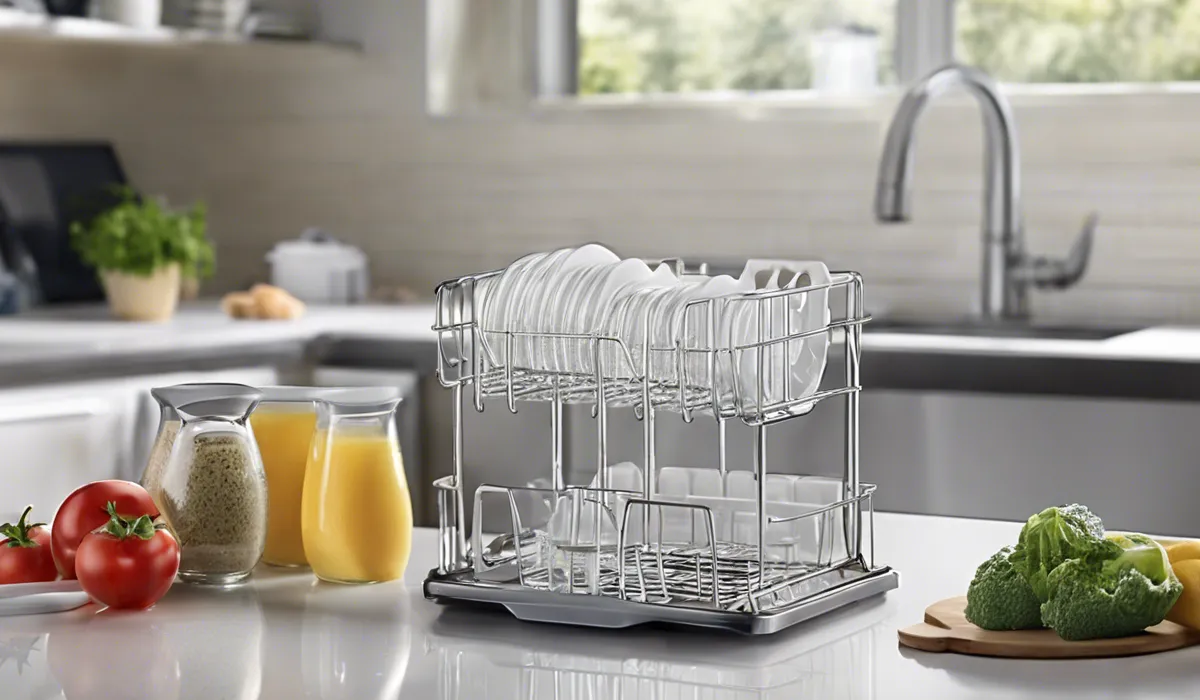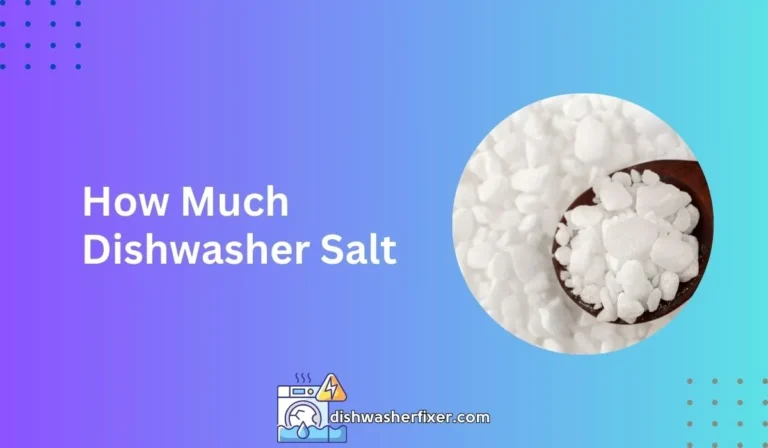Does BPA Free Mean Dishwasher Safe? Unveiling the Truth
BPA-free does not automatically mean dishwasher safe. Products labeled as BPA-free are free from the chemical bisphenol-A but may not withstand the high temperatures of a dishwasher. Always check the manufacturer’s instructions to confirm if a BPA-free item is dishwasher safe.
Understanding BPA and BPA-Free Products

What is BPA?
Bisphenol A, commonly known as BPA, is a chemical that has been used in manufacturing various types of plastics and resins since the 1960s.
These plastics are found in a range of consumer products, including water bottles, food containers, and sometimes even in dental sealants.
BPA is integral in creating polycarbonate plastics, known for their strength and resilience, and epoxy resins, which coat the insides of metal products like food cans.
Health Concerns with BPA
Research has shown that exposure to BPA can lead to various health issues. It can mimic estrogen, a hormone that is vital for bodily functions but can be harmful in irregular amounts.
This imitation can potentially disrupt natural hormonal balances, leading to reproductive issues, neurological problems, and an increased risk of certain cancers.
Due to these concerns, there has been a growing demand for products without this controversial chemical.
The Emergence of BPA-Free Products
In response to the health risks, manufacturers have started to produce BPA-free products.
These items are made without the use of BPA and are marketed as safer alternatives for consumers, particularly for use in products that come into contact with food and beverages.
BPA-free products have gained popularity as people have become more health-conscious and aware of the potential dangers associated with BPA.
Regulations and Consumer Demand
Governments and health organizations worldwide have taken steps to regulate the use of BPA. Some countries have banned it in certain products, such as baby bottles and sippy cups.
These regulatory measures, combined with increased consumer demand for safer products, have led to widespread use of BPA-free labeling as a selling point for health-conscious shoppers.
Dishwasher Safety of Plastic Products

What Makes Plastic Dishwasher Safe?
Dishwasher safety for plastic items is determined by several factors, including heat resistance, chemical stability, and durability under mechanical stress.
Products that can withstand the dishwasher’s harsh environment without melting, cracking, or degrading are considered dishwasher safe.
Impact of Dishwashers on Plastics
The environment inside a dishwasher can be pretty tough on plastic items. High temperatures combined with harsh detergents can lead to warping, leaching of chemicals, and overall degradation of the plastic.
This is why not all plastic products are suited for cleaning in a dishwasher.
Understanding Dishwasher Safe Labels
When a product is labeled as dishwasher safe, it implies that the item can endure the rigors of dishwashing without being damaged.
This label is crucial for consumers who prefer the convenience of using a dishwasher over hand washing. Manufacturers conduct thorough testing to ensure that their products can handle the heat and detergents before labeling them as dishwasher safe.
BPA-Free Does Not Equate to Dishwasher Safe

BPA-Free Labeling and Durability
It’s essential to understand that BPA-free labeling indicates a product’s health safety regarding BPA exposure, not its durability or suitability for dishwashers.
While BPA-free products are free from the chemical bisphenol-A, they may not be designed to withstand the high temperatures and stress of a dishwasher cycle.
Always Check Manufacturer Guidelines
To ensure the longevity of your BPA-free products, it’s important to check the manufacturer’s guidelines.
These instructions will tell you whether the item is dishwasher safe or if it requires hand washing. Following the manufacturer’s recommendations can help preserve the quality and integrity of your BPA-free products.
Non-Dishwasher Safe BPA-Free Materials
Some BPA-free materials are still sensitive to heat and may not be dishwasher safe.
For example, certain types of plastic might melt or warp in the dishwasher. Other materials used as BPA substitutes could also degrade when exposed to high temperatures and harsh detergents.
Caring for BPA-Free Products
To maintain BPA-free products, it’s often recommended to hand wash them with gentle cleaning agents. This approach can help prevent damage from the dishwasher and ensure that the products remain safe and functional for continued use.
FAQs About BPA-Free and Dishwasher Safety
Does “BPA-free” guarantee that a product is dishwasher safe?
No, “BPA-free” does not guarantee that a product is dishwasher safe. BPA-free only indicates that the product does not contain bisphenol-A.
How can I tell if a BPA-free item is safe to put in the dishwasher?
You can tell if a BPA-free item is dishwasher safe by checking the manufacturer’s instructions or looking for a dishwasher-safe symbol on the product.
Are all plastic items that are BPA-free also heat resistant?
No, not all BPA-free plastic items are heat resistant. BPA-free simply refers to the absence of the chemical bisphenol-A, not the item’s heat tolerance.
Can high temperatures in dishwashers affect BPA-free products?
Yes, high temperatures in dishwashers can affect BPA-free products if they are not designed to withstand such heat, potentially causing them to warp or melt.
What should I do if my BPA-free product does not have dishwasher instructions?
If your BPA-free product does not have dishwasher instructions, it is safest to hand wash the item or contact the manufacturer for guidance.
Final Thoughts
Products marked as BPA-free indicate the absence of bisphenol-A, a potentially harmful chemical. However, this designation does not guarantee that the item can endure the hot environment inside a dishwasher.
It is essential to refer to the manufacturer’s guidelines to determine whether a BPA-free object is indeed safe for dishwashing.





